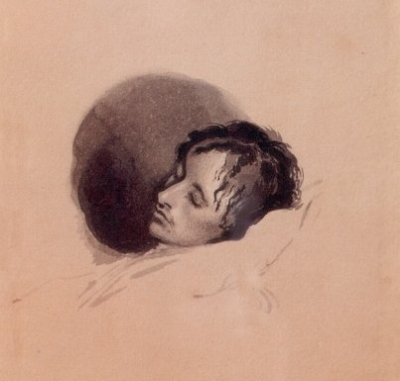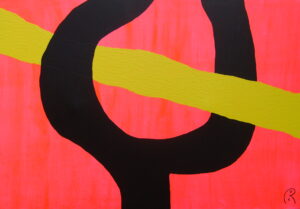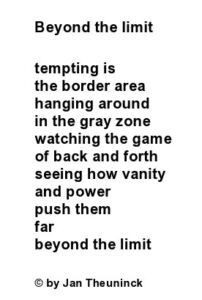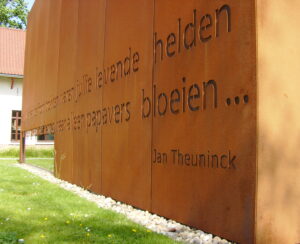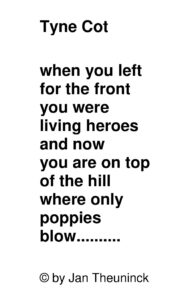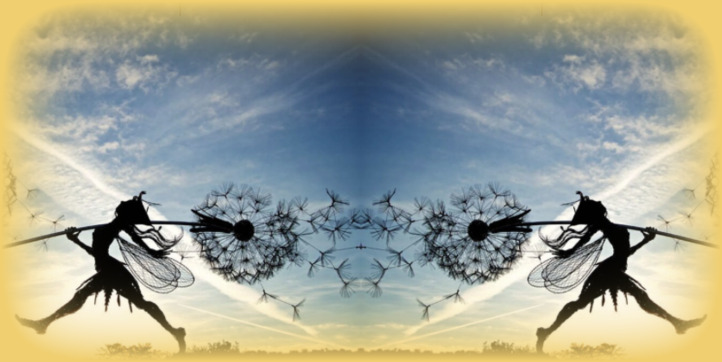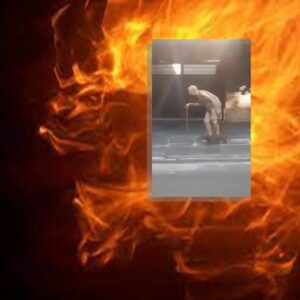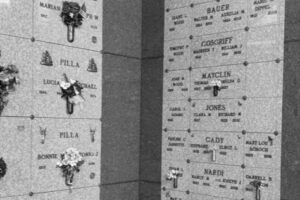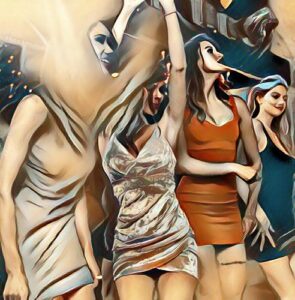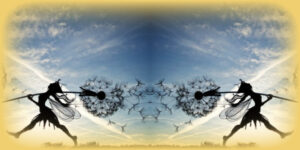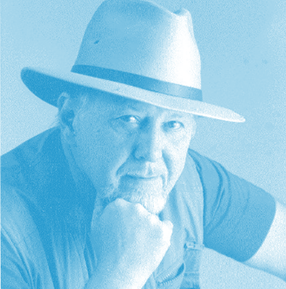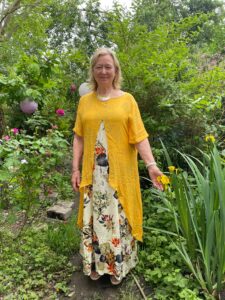Image: Keats on his Deathbed. Artist Joseph Severn.
I saw a sparrow for Emily Dickinson (1830-1886) I saw a sparrow in the snow, who hovered by a boy nearby; It swayed a little to and fro, small wonders they, small wonder why. The boy, the flautist all alone amidst the misty spruce around where snow was so serenely sown, played tremolo the fairest sound. The little sparrow lingered there, the boy, the flautist of her soul; Iʾll never tell wherever where they warbled to attentive snow. If anyone found a place so rare would there have been anyone there? I found a soldier all too fair for all the fallen in the war in the Ukraine I found a soldier oh so fair, an apparition in the vale; oh there were reasons for despair to see a face so ghastly pale. I listened for the faintest breath, a hint of colour on his lips, but was confronted with a death the setting sun could not eclipse. I lingered there and wept a while; the poppies seemed to mourn him too. I heard a thunder from a mile, where clouds assumed an ashen hew. A wounded straggler passed me by; oh how I feared he too would die! Listen oh listen! Listen oh listen! ... the tanager trills! ... he arrays the blue spruce with feathers as light as gossamer fronds the forest just thrills to veil in his voice lost in the moonlight! However whoever alights on this place may find my tanagerʾs warbled refrains leave en passant over teal leaves the trace of whose emotions? ... whose tremolo strains? Is this the rare moment April declares the seasonʾs rife for my chanson, the song the sunrise with cirrus so silently shares? ... only I, tanager, knew all along. Were I the sole tanager of your desmesne, well, Iʾd be voiced in your glass of champagne! The poetry of KeatsJohn Keats on his death bed, by Joseph Severn For W.T. The poetry of Keats is replete with death: an owl more ominous than a blue moon had hooted sans merci til his final breath, as he passed away in a fitful swoon before the sky was flush with fading blue, before ambrosial roses withered, strewn before the autumn breeze all too wanly blew to the long-lost score of some mournful tune. As if the nightingale could warble love might I implore you if her song recalls as quietly as would a cooing dove our barren prayers before the wailing walls; I too recall my all too cherished friend, who wasted away to an ill-timed end. Huskies Mush! I'll slide my sled from the frozen-in stream towards the lake where snow rolls down me, blind; me sled is all wedged in by me husky team, whose hunger drives em wild with single mind. They lunge, they'll lunge in vain. What? Can't break out. Me lungs could bust with frost I'se just gulped in. Me lips all blue, I'se stiff with icy doubt. Me dogs, all panicked, tangled, yelp chagrin; I grits me teeth, jerk hard the sled, and hear that cursed ice cave! “Come on! Bust loose!”, I yell, “Mush!”, snaps the whip! Aw, we'se gotta break clear! “We'se broken out!” Them huskies dash like hell. Did we break loose? Those snapped up rapids yawn behind us as we vanish, good as gone.
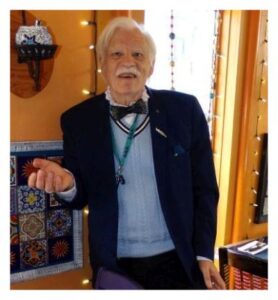
Richard Vallance was a frequent contributor to the earlier issues of Poetry Life & Times, from 2001-2008, where several of his sonnets and rhymed poems appeared, and where he was the resident poetry critic of the Vallance Review, which featured reviews of sonnets and rhymed verse by some of the world’s most famous historical sonneteers and poets.
Richard Vallance has also been featured from time to time in more recent issues of Poetry Life & Times, Poetry Life and Times (artvilla.com), from 2012-2018.
He has also been published in several other international venues, among others: Decanto Poetry Magazine/Anthology (Sara Russell, ed.) – no longer in publication The Deronda Review, Neo/Victorian Cochlea, The Deronda Review – Home, Sonnetto Poesia ISSN 1705-4524 (25 quarterly issues) SEE: Sonnetto poesia. | Bibliothèque et Archives Canada / Library and Archives Canada (worldcat.org)
Richard Vallance is also the Editor of a multilingual anthology of sonnets. The Phoenix Rising from the Ashes = Le Phenix Renaissant de Ses Cendres – Anthology of Sonnets of the Early Third Millennium = Anthologie de Sonnets a: Vallance, Editor-In-Chief Richard: 9781460217016: Books – Amazon.ca
